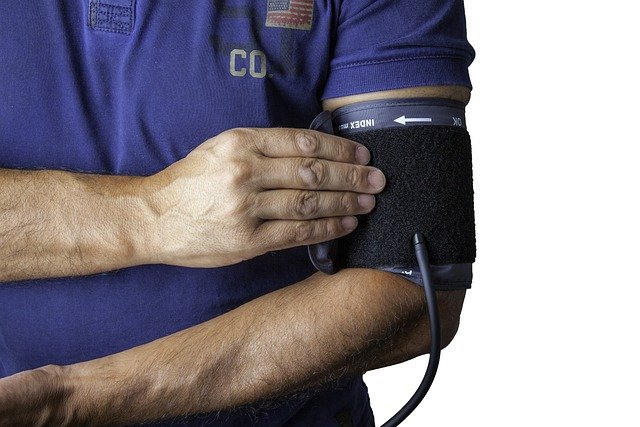Understanding Rectal Cancer: Signs, Diagnosis, and Care
Rectal cancer develops in the last several inches of the large intestine and is closely related to cancers of the colon. Early detection often depends on noticing changes in bowel habits, rectal bleeding, or unexplained symptoms such as weight loss and persistent fatigue. This article explains what rectal cancer is, how it is linked to the colon, common symptoms to watch for, typical diagnostic and staging steps, and the main treatment and follow-up approaches used in clinical practice. The goal is to provide clear, evidence-informed information that helps readers understand care options and next steps when this diagnosis is suspected.

This article is for informational purposes only and should not be considered medical advice. Please consult a qualified healthcare professional for personalized guidance and treatment.
What is rectal cancer?
Rectal cancer is a type of cancer that starts in the rectum, the final portion of the large intestine before the anus. Like many colorectal cancers, it most commonly arises from glandular cells lining the rectum and often begins as small growths called polyps. Over time, some polyps can progress to invasive cancer. The distinction between colon and rectal cancer is anatomical and important for treatment planning because the rectum’s location in the pelvis affects surgical options, radiation use, and follow-up strategies.
How is rectal cancer linked to the colon?
The rectum is the terminal segment of the colon/large intestine, so rectal cancer is often grouped with colon cancer under the broader term “colorectal cancer.” Shared risk factors include age, family history, certain inherited genetic syndromes, inflammatory bowel disease, smoking, and dietary patterns. Screening tests used to detect colon cancer, such as colonoscopy, also allow visualization and removal of polyps in the rectum, which can prevent progression to invasive disease. Management decisions typically involve colorectal specialists who consider both colon and rectal anatomy.
What symptoms include weight loss and fatigue?
Common symptoms of rectal cancer can include changes in bowel habits (diarrhea, constipation, narrower stools), rectal bleeding or blood in stool, and a persistent urge to have a bowel movement. Systemic symptoms such as unexplained weight loss and ongoing fatigue may occur when the disease is more advanced or if anemia develops from chronic blood loss. These systemic signs should prompt timely evaluation, especially when they occur alongside local bowel symptoms. While many benign conditions can cause similar complaints, persistent or progressive symptoms warrant professional assessment.
How is cancer diagnosed and staged?
Diagnosis typically begins with history, physical exam, and tests such as fecal occult blood testing or direct visualization with colonoscopy and biopsy. Imaging studies—pelvic MRI, CT scans, and sometimes endorectal ultrasound—help determine the local extent of the tumor and detect distant spread. Pathology from a biopsy confirms malignancy, and staging systems (commonly the TNM system) describe tumor size, nodal involvement, and metastasis. Accurate staging is critical because it guides whether surgery alone is appropriate or whether neoadjuvant (preoperative) therapies like radiation or chemotherapy are recommended to improve outcomes.
What are treatment and follow-up options?
Treatment plans depend on stage and location. Early-stage rectal cancers may be managed with surgery alone, including local excision for very small tumors or sphincter-preserving resections when feasible. More advanced localized tumors often receive a combination of radiation and chemotherapy before surgery to shrink the tumor and reduce recurrence risk. In some cases, permanent colostomy may be required. For metastatic disease, systemic therapies and targeted agents can control spread and symptoms. After treatment, structured follow-up includes periodic colonoscopy, imaging, and monitoring for recurrence, as well as attention to long-term effects such as bowel, urinary, or sexual function. Rehabilitation, nutritional support, and coordinated local services can help manage survivorship needs in your area.
Conclusion
Rectal cancer is a distinct clinical entity within colorectal cancers that requires coordinated diagnostic, surgical, oncologic, and supportive care. Recognizing symptoms—especially changes in bowel habits, rectal bleeding, unexplained weight loss, or persistent fatigue—can prompt earlier evaluation when treatment may be more effective. Decisions about screening, diagnosis, and therapy are individualized based on staging, patient health, and personal goals. For tailored medical advice, diagnosis, or treatment plans, consult a qualified healthcare professional who can review tests and recommend appropriate local services.





